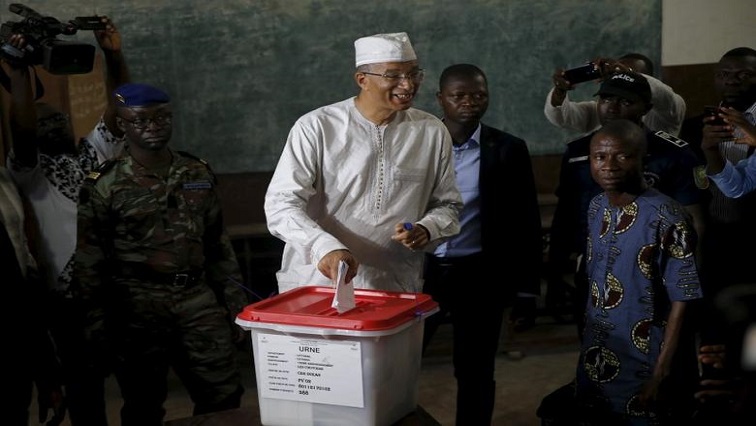Voters in Benin go to the polls on Sunday for a parliamentary election seen as a test of democracy as opposition parties are back on the ballot after boycotting or being excluded from the most recent presidential and legislative votes.
Benin’s image as a bastion of democracy and stability in West Africa has been dented under President Patrice Talon, who went back on a pledge not to run for another term and oversaw an opposition crackdown since coming to power in 2016.
Seven parties are competing for 109 parliamentary seats in Sunday’s vote, including the Democrates party linked to Talon’s predecessor and rival Thomas Boni Yayi.
Boni Yayi’s supporters led protests in 2019 after opposition parties were blocked from the legislative vote for failing to meet strict new election criteria.
“I will vote for this party for the rebalance of power,” said civil society activist Isidore Odountan, 31, in the largest city Cotonou.
Preliminary results, which are expected on Janaury11, may also be an indicator of the strength of the various political forces jostling to succeed Talon.
The next presidential election is due in 2026, when the next parliamentary vote will also be held.
Talon does not belong to any party but is supported by the two parties currently in power in parliament – the Bloc Republicain and Union Progressiste le Renouveau.
There is no immediate sign the vote will see protests like in 2019 or those that broke out in 2021 against Talon’s decision to seek re-election, said political analyst Expedit Ologou, head of Beninois thinktank Civic Academy for Africa’s Future.
“The atmosphere seems calm, peaceful, friendly, fraternal in most areas of the country,” he told Reuters.
Under Talon, the political protests have been met with deadly police violence, while politicised prosecutions and other legal tactics have been used to stifle the opposition, US democracy watchdog Freedom House said in its 2022 report.






